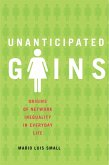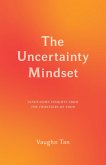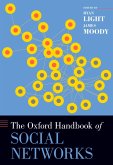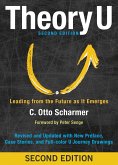There is a moral to this book, a bit of Confucian wisdom often ignored in social network analysis: "Worry not that no one knows you, seek to be worth knowing." This advice is contrary to the usual social network emphasis on securing relations with well-connected people. Neighbor Networks examines the cases of analysts, bankers, and managers, and finds that rewards, in fact, do go to people with well-connected colleagues. Look around your organization. The individuals doing well tend to be affiliated with well-connected colleagues. However, the advantage obvious to the naked eye is misleading. It disappears when an individual's own characteristics are held constant. Well-connected people do not have to affiliate with people who have nothing to offer. This book shows that affiliation with well-connected people adds stability but no advantage to a person's own connections. Advantage is concentrated in people who are themselves well connected. This book is a trail of argument and evidence that leads to the conclusion that individuals make a lot of their own network advantage. The social psychology of networks moves to center stage and personal responsibility emerges as a key theme. In the end, the social is affirmed, but with an emphasis on individual agency and the social psychology of networks. The research gives new emphasis to Coleman's initial image of social capital as a forcing function for human capital. This book is for academics and researchers of organizational and network studies interested in a new angle on familiar data, and as a supplemental reading in graduate courses on social networks, stratification, or organizations. A variety of research settings are studied, and diverse theoretical perspectives are taken. The book's argument and evidence are supported by ample appendices for readers interested in background details.
Dieser Download kann aus rechtlichen Gründen nur mit Rechnungsadresse in A, B, BG, CY, CZ, D, DK, EW, E, FIN, F, GR, HR, H, IRL, I, LT, L, LR, M, NL, PL, P, R, S, SLO, SK ausgeliefert werden.









